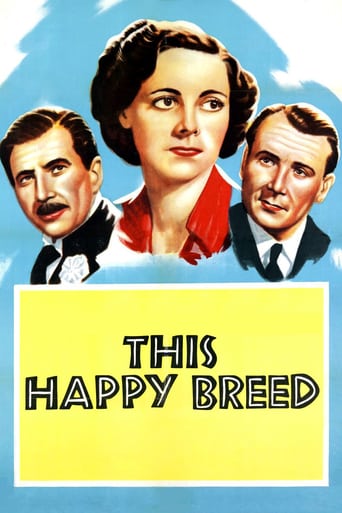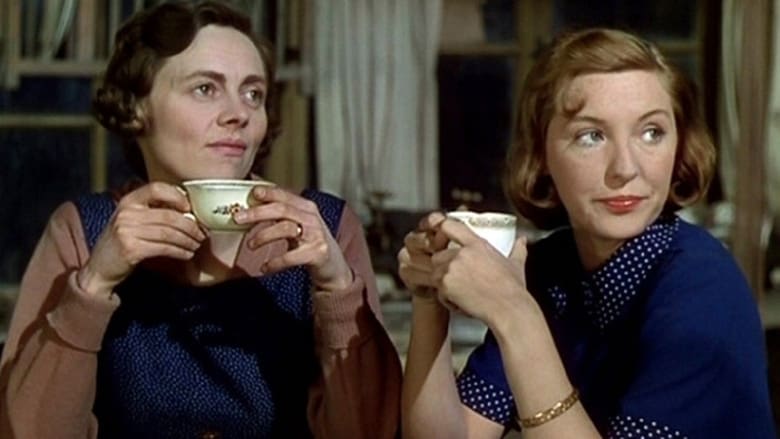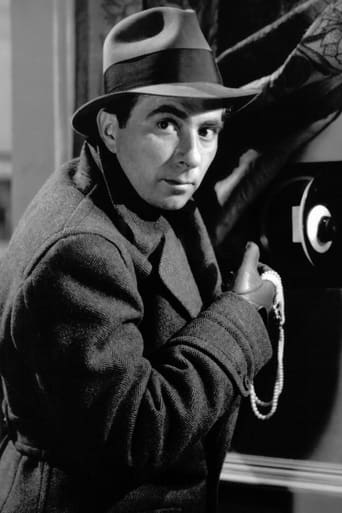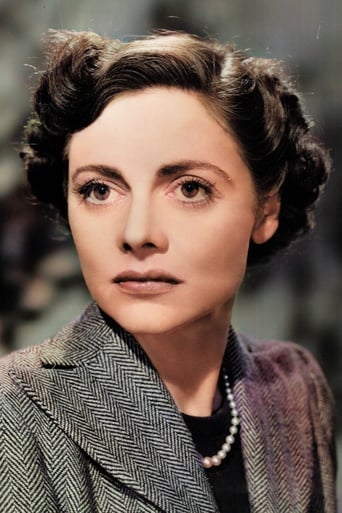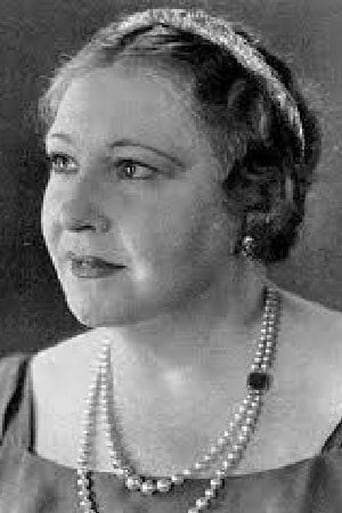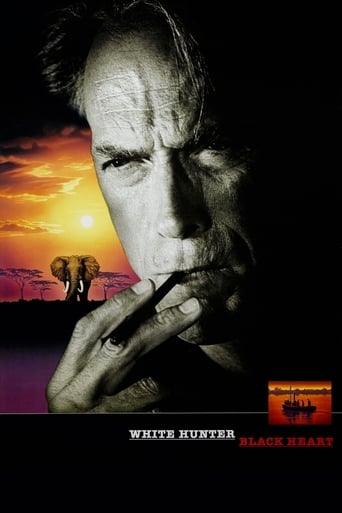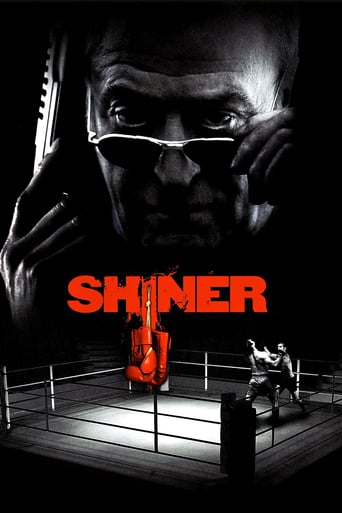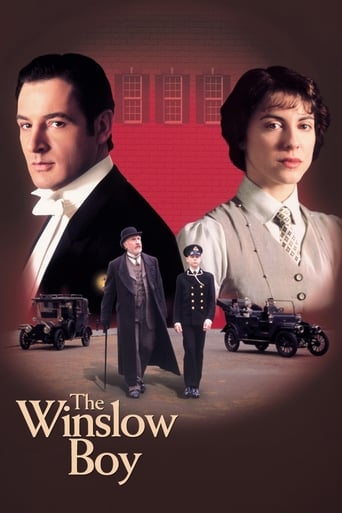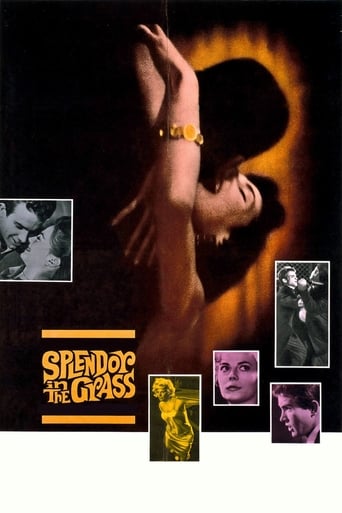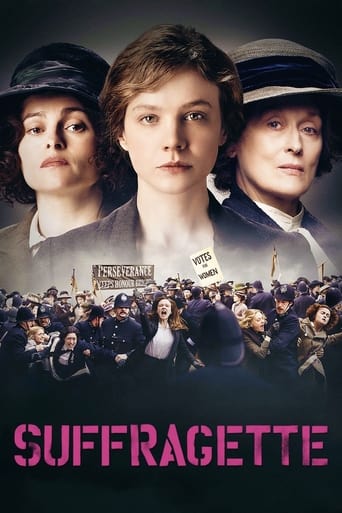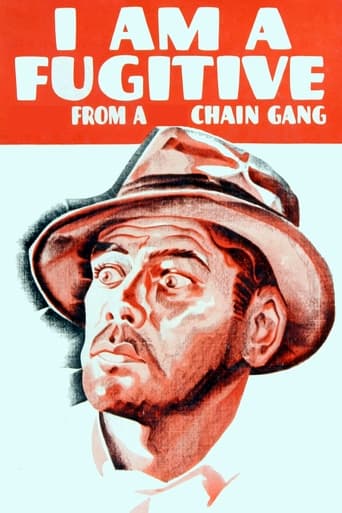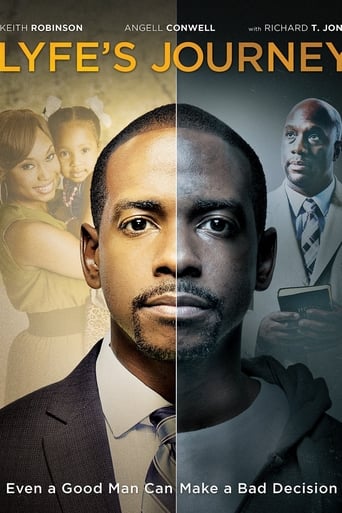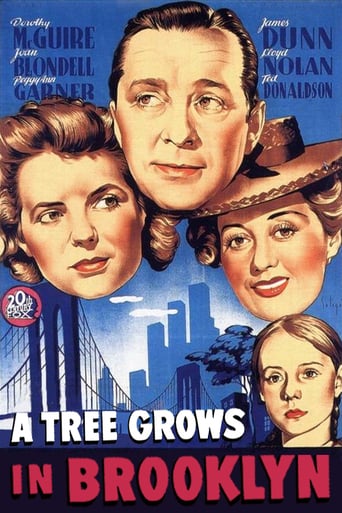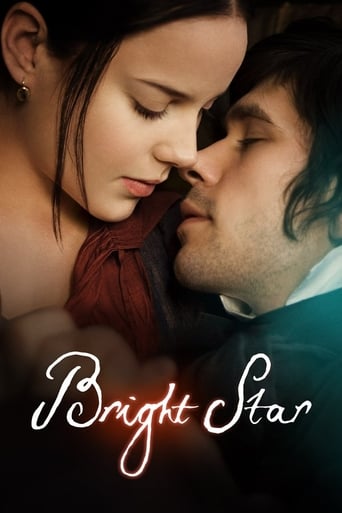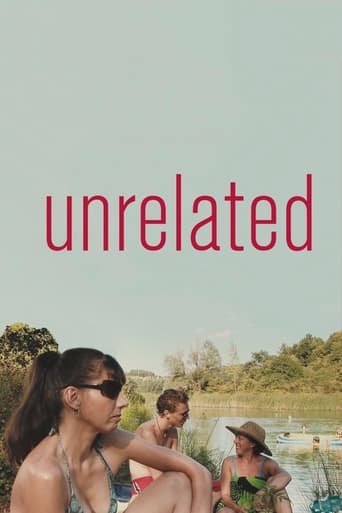This Happy Breed (1947)
In 1919, Frank Gibbons returns home from army duty and moves into a middle-class row house, bringing with him wife Ethel, carping mother-in-law Mrs. Flint, sister-in-law Sylvia and three children. Years pass, with the daily routine of family infighting and reconciliation occasionally broken by a strike or a festival.
Watch Trailer
Cast


Similar titles
Reviews
Sorry, this movie sucks
Absolutely the worst movie.
Great movie! If you want to be entertained and have a few good laughs, see this movie. The music is also very good,
Let me be very fair here, this is not the best movie in my opinion. But, this movie is fun, it has purpose and is very enjoyable to watch.
It's the Technicolor photography which is the star of this family saga that covers the post World War I years through the onslaught of World War II, the day a family moves into a home where they live for 20 years. It surrounds the generation gap of a changing world, from the grumpy granny who rolls along like old man river (and always complaining that the family can't wait for her to croak) to her descendants in a changing view of romance, sex and family structure. Like the over-rated "Cavalcade", this glosses over much of its history, parodying bizarre trends, dances and ideals while philosophizing about death, man's corruption and the advancements in society, which includes the onslaught of talking pictures. The patriarch, played by Robert Newton, in particular, makes comments about how the blame for society has turned out goes way beyond the lawmakers and those in power.No one character dominates and some, particularly the older generations, are better detailed than others. In spite of the general lack of continuity, it is superbly directed by David Lean and lushly photographed by the future director Ronald Neame. The ultimate message of the film is that as everything changes, nothing changes.
i love This Happy Breed for so many reasons, not least of them being curling up on the sofa on a drizzly afternoon to watch it with my dear mum. along with brief encounter this is one of my all time favourite films. John Mills, Kay Walsh, Celia Johnson, Stanley Holloway and Robert Newton are brilliant, and by the time the credits roll, i feel as though i've been through their ups and downs, their laughter and tears with them. the interaction between the spinster sister and the old girl always makes me smile, as does the Christmas scene with the family gathered round the piano, watch the son in particular. in my humble opinion this is definitely another David Lean classic, and not to be missed if like me you enjoy glimpses into a bygone era. oh, and a little mention should be made of Percy, he had his paws buttered like the true professional he very clearly was.
Having patronised the lower classes in general with "In which we serve",Mr Coward and Mr Lean do their penance and treat Londoners with genuine respect and affection with their second joint effort "This Happy Breed". Released a few days before the Invasion of Europe heralded the beginning of the end for Nazi Germany,the film appealed to a nation wearily enduring its sixth year of total war.It emphasised the basic decentness of the ordinary English family,despite all its convoluted dynamics,its temporary estrangements and affiliations and its genuine dramas and tragedies. Determinedly lower middle class Robert Newton and Celia Johnston are strict but loving parents,hard - working,honest,sure of their place in the scheme of things and determined to bring up their children with the same values. Hard though it may be to accept in these more cynical and "aware" times, they were a typical family - certainly not noticeably different from my neighbours in the 1940s. "This happy Breed" tracks 20 years of their history up to the outbreak of the war that was still raging at the time it was released. Their are sublime performances from Mr Newton,Miss Johnson and Mr Holloway but for me Miss Kay Walsh is particularly outstanding as their aspirational daughter Queenie,idolised by boy next door(John Mills - very endearing),but who has bigger fish to fry. Watching it on Filmfour last week was a profoundly affecting experience for me. The wonderful scene where the family learns of the death of their son is done off - screen as the camera lingers on the open garden doors and the bright sunlight outside,jolly music on the wireless a marvellous counterpoint to the mother's tragic scream.A bit special,that. When a slightly chastened Queenie,older but apparently not particularly wiser,returns and marries a delighted John Mills you know she is making the best of a bad job,and I shed a few tears for both of them. Although not perhaps a propaganda picture in its strictest sense,nonetheless "This Happy Breed" will have reassured Britons that their way of life was worth fighting for.
Kind of overlapping the era of British history that his previous work Cavalcade had covered, Noel Coward wrote one of his most popular plays in The Happy Breed which premiered in London in 1942 as Great Britain was fighting for its life. This film adaption coming as it did in 1944 when the tide of the war had turned, almost seems to justify Coward's faith in his country and the pluck of its people.The image we have today of Noel Coward is the ultra-sophisticate hanging around with royalty and other titled folks, amusing them with a sample of his acclaimed wit. But the kind of middle class background that the Gibbons and their neighbors the Mitchells come from is exactly where Noel Coward had his roots. His early years are covered in Cavalcade and the years overlap into This Happy Breed. Both films really ought to be seen back to back as a great sample of British social history.Newly discharged veteran from the Great War, Robert Newton and his wife Celia Johnson buy their dream house on Sycamore Lane to raise their three children. By chance their neighbors happen to be Stanley Holloway, Newton's wartime buddy and his family the Mitchells. The film is the story of the Mitchells and the Gibbons and how their lives interconnect in the years between the World Wars. Their family situations are seen against the backdrop of the events of the times like the General Strike, the Depression and the formation of the Coalition National Government to fight it, and the death of King George V.Anyone who expects the eye rolling Blackbeard from Robert Newton will be pleasantly surprised. Newton could be restrained if he had to, and in David Lean he certainly had a director that would rein in his excesses if it were ever necessary. What surprised me was that Noel Coward himself played the lead when This Happy Breed debuted in London. I certainly would have liked to have seen Coward's interpretation of the part.Kay Walsh who was Mrs. David Lean at the time played the elder daughter Queenie for Newton and Johnson. John Mills who is a career Navy man and Holloway's son loves Walsh, but she's a naughty thing and out for a good time. Let's say I think Mills just might qualify for sainthood in his performance with what he put up with.This Happy Breed is a great play with average folks that Mr. Average American, let alone Mr. Average British could identify with and it's great social commentary of an important era in history.

